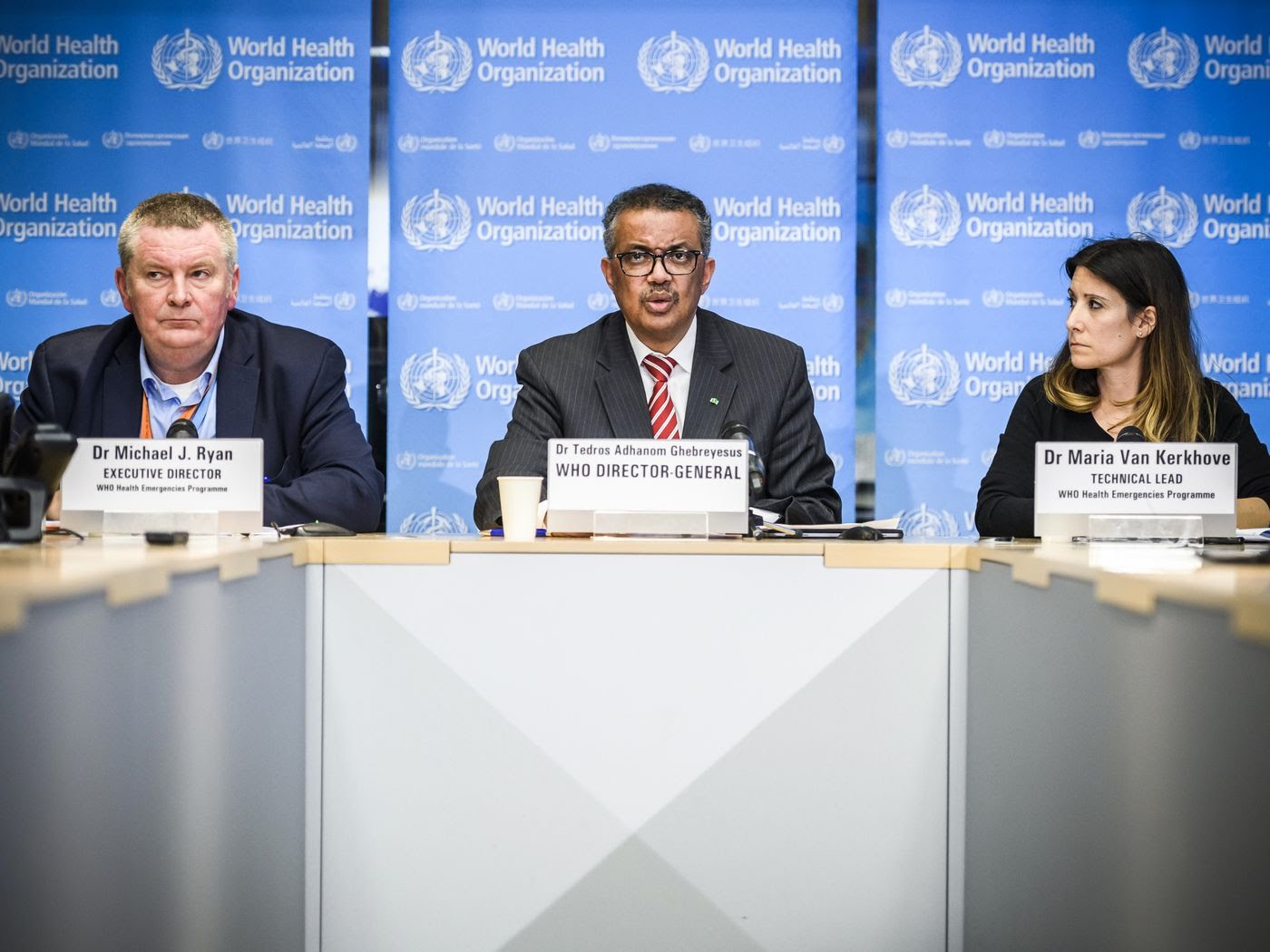The World Health Organization (WHO) on March 11 declared COVID-19 a pandemic. The announcement came after the numbers increased to over 118,000 cases in over 110 countries and territories around the world.
“This is not just a public health crisis, it is a crisis that will touch every sector,” said Dr. Tedros Adhanom Ghebreyesus, WHO director-general, at a media briefing. “So every sector and every individual must be involved in the fights.”
What is a pandemic?
An epidemic is the spread of a disease within a specific community.
A pandemic describes a disease that is spreading between people in multiple countries around the world at the same time. The last time a pandemic occurred was in 2009 with swine flu, which experts think killed hundreds of thousands of people.
Pandemics are more likely if a virus is brand new, able to infect people easily and can spread from person to person in an efficient and sustained way. Coronavirus appears to tick all of those boxes.
With no vaccine or treatment that can prevent it yet, containing its spread is vital.
WHO chief Dr Tedros Adhanom Ghebreyesus said it was now using the term because of deep concern over “alarming levels of inaction” over the virus.
“Pandemic is not a word to use lightly or carelessly. It is a word that, if misused, can cause unreasonable fear, or unjustified acceptance that the fight is over, leading to unnecessary suffering and death,” said Dr. Tedros on March 11.
“Describing the situation as a pandemic does not change WHO’s assessment of the threat posed by this coronavirus. It doesn’t change what WHO is doing, and it doesn’t change what countries should do.”
Dr Ghebreyesus said: “Some countries are struggling with a lack of capacity. Some countries are struggling with a lack of resources. Some countries are struggling with a lack of resolve.”
He added that the WHO was asking all countries to:
➡️ activate and scale-up emergency response mechanisms
➡️ communicate with people about the risks and how they can protect themselves
➡️ find, isolate, test and treat every Covid-19 case and trace every contact
He called on all countries to detect, test, treat, isolate, track contacts and mobilise their people in response to the pandemic.
Asked which countries were failing to do enough, he and WHO’s director of emergencies, Dr Michael Ryan, refused to be specific. “You know who you are,” said Ryan. The WHO would not criticise its member states in public. But, he said, it was not enough to limit testing to small numbers of people who fitted risk criteria that might be out of date – people over a certain age with a history of travel to China, for instance.
Some countries had not established sufficient capacity for isolating people, he said. Other countries were too willing to give up on contact tracing too soon, which could help slow the spread. Some countries were not communicating well with their people, giving them the information they need to keep themselves and others safe.
He said that in recent weeks, decisive action by the WHO and many national governments had already reduced the impact of the virus and bought critical time for the international community.
“The decisions made in the coming days and weeks will be crucial. We can still change the course of this pandemic … We can reduce the impact of this pandemic and save lives around the world. But it needs all of us.”
Where do you think Pakistan stands in terms of being prepared to fight this pandemic? Share your thoughts in the comments below.

